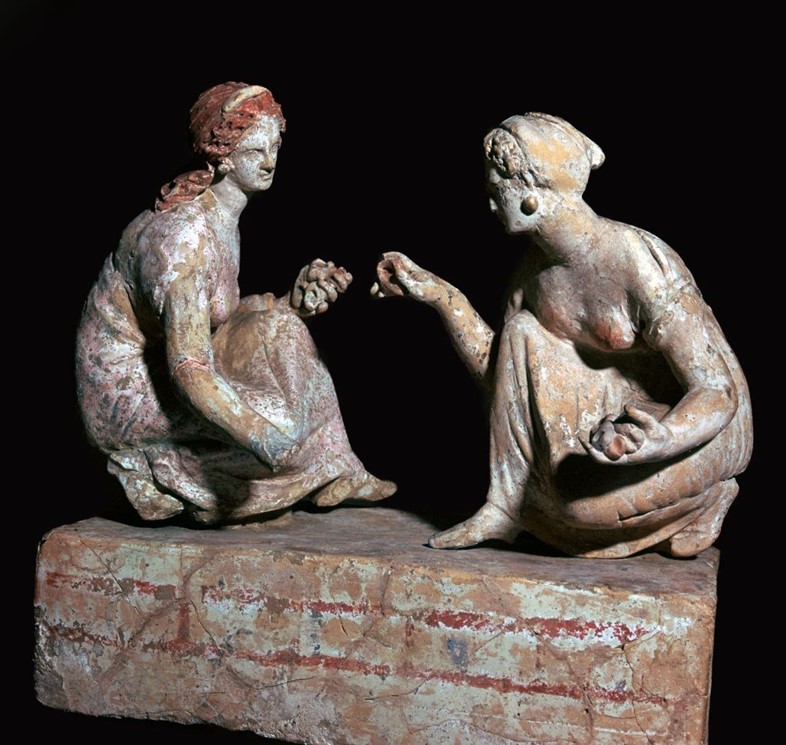A TikTok post – promoting an exhibition about Roman military history as a great way for single women to meet men – has been met with widespread accusations of sexism
Picture the scene: you’re a media officer for the British Museum and you have been tasked with getting young people – young women, no less – interested in an exhibition about the history of the Roman military. As your boss demanded in a meeting earlier the day, “We need a bold, humorous and irreverent approach which chimes with the values of Generation Z! Something that says: this ain’t grandaddy’s Roman military exhibition!”
You open up TikTok, and after 20 minutes of aimless scrolling, you see one that strikes your eye. “Girlies if you’re single and looking for a man, this is your sign to go to the British Museum’s new exhibition Life in the Roman Army and walk around looking confused you’re welcome x”.
You send it to your manager to approve, she replies “perfecto! Love it!!” with a gif of some Minions cheering, and you share it on the official British Museum TikTok. Now all you have to do is sit back and wait for the positive feedback to roll in… Maybe you’ll even get some kind of industry award?
But before long your phone is blowing up for all the wrong reasons. People on the internet have failed to recognise the reshared post’s sly, satirical subversion of gender norms, and instead interpreted it as downright sexist. “Unrelenting fascist imagery and sexism dolloped on top. This is the BM's insta today,” tweeted Dr Claire Millington of King’s College London, referring to the fact that many of the artefacts depicted in the TikTok have been appropriated by fascist regimes. It turns out that ‘Nazi Girl Era’ is not a concept with wide popular appeal.
Others simply felt that it was a patronising attempt to get down with the kids. “Really misguided marketing approach, @britishmuseum – really alienating to your (very broad) audience to presume they would ‘get’ the intertextual reference to something on TikTok,” wrote Alexandra Wilson, a professor of music and cultural history at Oxford Brookes University on Twitter.
The outrage continues and you are eventually forced to delete the post, but not before replying to one comment to try and make your case: “Hello – it’s actually poking fun at a TikTok meme called ‘Roman Empire’, where mansplaining is the butt of the joke. We can assure you that we are *not* actually suggesting that women need to look for dates or pretend to be stupid! Apologies to anyone who wasn't aware of the wider context who felt offended by this meme!”
The post was a disaster, but who can really blame you? All you did was share a jokey meme, which you did not invent, and which social media rewards on a daily basis. In this case, it was misjudged, but if the context was slightly different, people might have responded with a long row of hand-clapping emojis and “now this is how you do a viral marketing campaign!!” The internet is arbitrary and fickle, and sadly it just isn’t ready for the Hot Girl Who Loves Military History.




